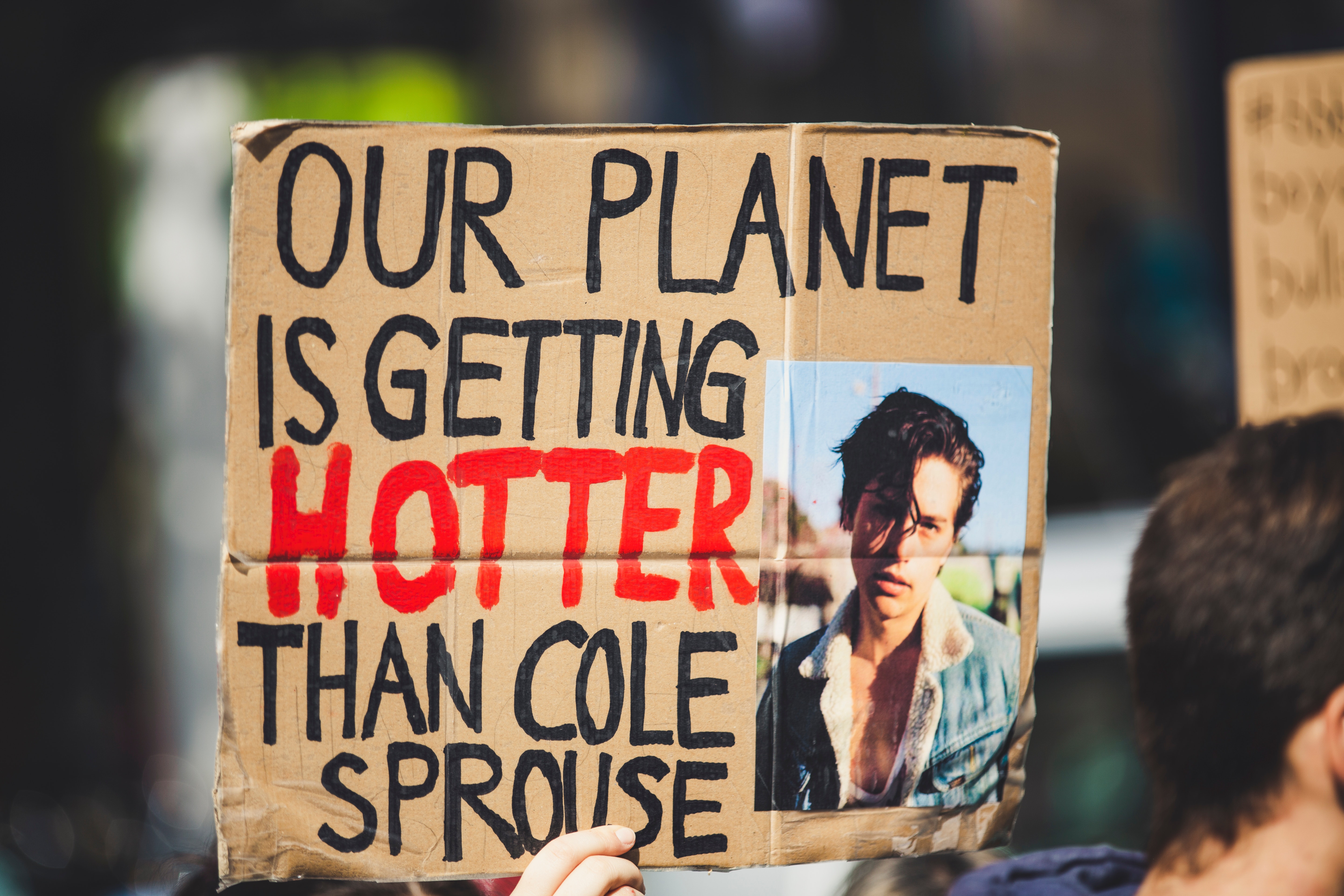Climate change is one of the biggest threats facing our planet today, and its impact is not limited to just humans. Wildlife and biodiversity are also at risk due to the changes in climate. The Earth's temperature is rising at an alarming rate, and this has already caused significant changes in ecosystems across the globe. In this article, we will explore the impact of climate change on wildlife and biodiversity.
One of the most direct impacts of climate change on wildlife is the alteration of their habitats. As temperatures rise, animals are forced to move to new areas in search of suitable conditions to live and breed. This can result in competition for resources, conflicts with other species, and even the extinction of some species.
Climate change can also cause changes in the timing of natural events, such as the timing of breeding, migration, and hibernation. This can disrupt food chains and lead to the loss of important ecosystem functions. For example, changes in the timing of flowering can affect the availability of nectar for pollinators, which can, in turn, affect other species that rely on those pollinators.
Rising temperatures can also lead to an increase in disease transmission. Many diseases are spread by insects, and as temperatures rise, these insects can survive and thrive in areas where they previously could not. This can result in the spread of diseases to new areas and populations, including wildlife.
Another major impact of climate change on wildlife is ocean acidification. As carbon dioxide levels in the atmosphere rise, so do levels in the ocean. This causes the water to become more acidic, which can harm many species of marine life, including shellfish, corals, and plankton. These organisms form the foundation of many marine ecosystems, so their loss can have cascading effects on other species in the food chain.
Biodiversity is also at risk due to climate change. As species become extinct or migrate to new areas, the overall diversity of ecosystems can decline. This can lead to a loss of important ecosystem functions, such as pollination and nutrient cycling, which can have far-reaching effects on the environment and human well-being.
In conclusion, climate change is having a profound impact on wildlife and biodiversity across the globe. The loss of habitats, changes in the timing of natural events, disease transmission, and ocean acidification are just a few of the ways in which climate change is affecting our planet's ecosystems. It is up to us to take action to reduce our carbon footprint and protect the planet for future generations.





Add Comment
Comments (0)